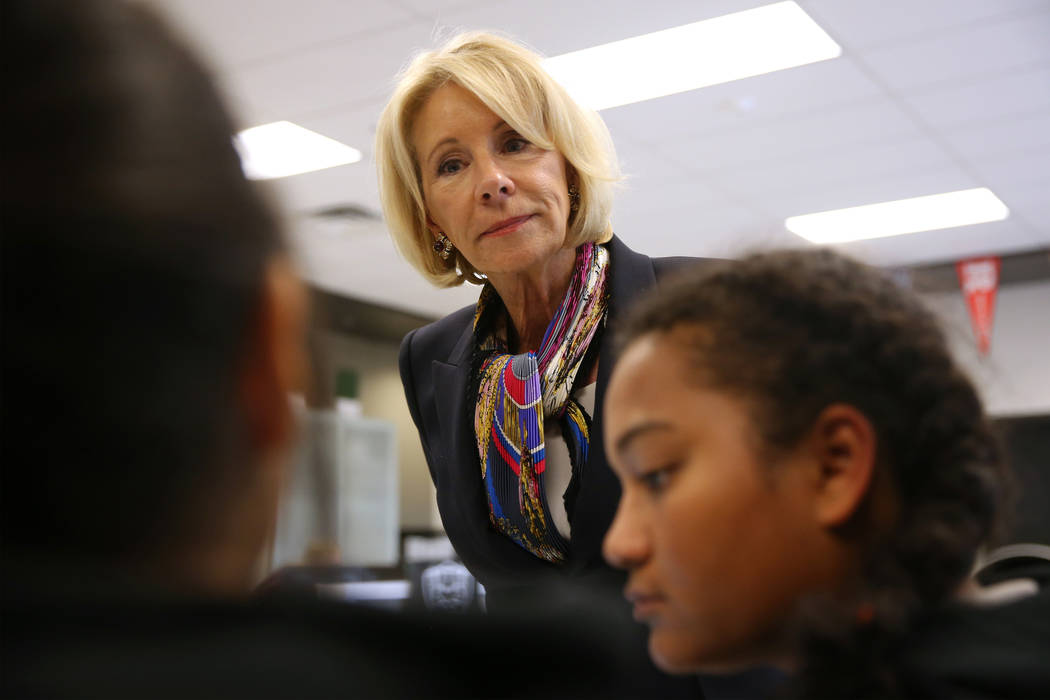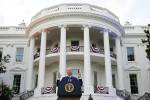EDITORIAL: Getting the U.S. Department of Education out of the banking industry
A decade ago, the Obama administration effectively nationalized the student loan industry while promising the move would be a moneymaker for the U.S. Treasury. Needless to say, that was hokum. Instead, default rates have soared, and taxpayers are potentially on the hook for $1.5 trillion in outstanding student loan debt.
Trolling for support, Democrats in the party’s crowded presidential field now propose wiping the slate clean for the 42 million Americans who hold higher education loans. This is nuts on a variety of levels.
Not only would it be a sop to many high earners capable of paying off their balances, it would be an affront to those responsible students and taxpayers who scrimped and saved to honor their financial obligations. Of equal concern, no Democrat presidential candidate has articulated a plan that extends beyond a massive giveaway. Presumably, the student loan program would simply carry on as before, making taxpayer-backed aid to teenagers and young adults without any concern for their ability to repay. What’s that they say about the definition of insanity?
That’s why Education Secretary Betsy DeVos deserves credit for proposing an alternative to what is clearly an unsustainable system. On a trip to Nevada this week that included stops in Las Vegas and Reno, Ms. DeVos proposed creating an independent agency overseen by Congress that would operate like a financial institution in terms of doling out student aid. The intent is to make it easier for students to navigate a thorny bureaucracy.
“Congress never set up the U.S. Department of Education to be a bank, nor did it define the secretary of education to be the nation’s top banker,” she told a crowd in Reno. “But that’s effectively what Congress expects based on its policies.”
Today, about 90 percent of all student loans are backed by taxpayers. Meanwhile, nearly a quarter of all borrowers have defaulted and more than 40 percent of loans are considered at risk. The numbers are even worse in Nevada, which had the nation’s highest default rate, more than 18 percent, in 2016.
Ms. DeVos acknowledged that another potential reform would involve reducing Washington’s role when it comes to making billions in tuition payments to colleges and universities. The political reality, however, is that a Democratic Congress would be unlikely to support such a change.
“I’m not sure the federal government should monopolize student lending,” she said. “But if it does — and, for now, it essentially does — then it must provide services on par with world-class financial firms.”
The details of Ms. Devos’ proposal remain theoretical, and there are legitimate questions about whether creating another agency will accomplish anything more than rearranging the deck chairs. But the education secretary is at least trying to move the debate beyond misguided calls for blanket amnesty.





























